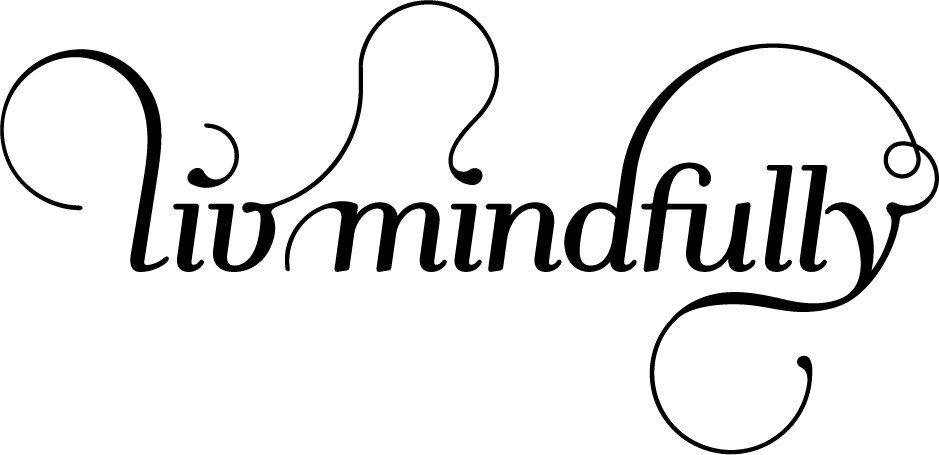How mindfulness might help Melbourne ride yet another lockdown
“It all feels a little PTSDish” said a friend of mine as we debriefed about Melbourne’s latest lockdown. From the Beyond Blue website:
“Post-traumatic stress disorder (PTSD) is a particular set of reactions that can develop in people who have been through a traumatic event which threatened their life or safety, or that of others around them. This could be a car or other serious accident, physical or sexual assault, war or torture, or disasters such as bushfires or floods. As a result, the person experiences feelings of intense fear, helplessness or horror.”
PTSD is not a term to be used lightly, the condition can, has and does create living hell for many people across our precious globe. We cannot deny however, that for many, this “circuit breaker” lockdown viscerally brings flooding back a sense of fear, helplessness or horror.
We all know by now that our individual experience of this global pandemic is unique. No one has quite the same set of circumstances; kids/no kids, elderly relatives or not, more work/less work, domestic stressors, underlying health (physical and mental) conditions or all/none of the aforementioned. It is unlikely however that anyone, in the world, has got away with being unaffected by Covid19, for better or for worse.
How can mindfulness help us to ride this most recent blip? How can it help us to allow, inhabit and let go of some of the reactions that some might akin to PTSD? Well, mindfulness teaches us to be here now. Not replaying stories of the past or fantasizing (regardless of how alluring that may be) possibilities of the future. And research tells us (Killingsworth et al, Harvard, 2010) that when we live in the present moment – when we meet the actual life that is here before us, we are more likely to be happy.
And research tells us (Killingsworth et al, Harvard, 2010) that when we live in the present moment – when we meet the actual life that is here before us, we are more likely to be happy.
Practical Tips for Us
1. Fact or Fiction? - Feel your feelings and then take some time to identify the thoughts/stories to which they are attached. When we notice that familiar feeling of say, dread come over us (the mere mention of home learning makes my tummy twist!) can we sense into the internal commentary that is running in the background of our mind?
What are the thoughts that have come before the dread (or other emotion)?
Are the thoughts based in fact, or are they just stories we are creating (usually based on our past experiences)?
It can be helpful to sort the facts from our own internal fiction by simply asking – what is ACTUALLY happening here and now?
One sure truth is that everything changes, including us and we may be wise to attend to what is happening within and around us (and our kids!) now, rather than slipping back into what was true many months ago.
2. Meditate – Mindfulness meditation is not typically done to relax (while this can be a lovely and most welcome side effect), it is done to wake up to ourselves and our life as we find them – exactly as they are. The process of sitting in meditation and watching our wonderful mind ziz-zag, dance, belly flop or float all goes towards the process of building our self-awareness. It is only with self-awareness that we can navigate our life with wisdom – otherwise we can tend to mindlessly wander around bumping into the same old fears/beliefs or opinions. Smiling Mind and Headspace are my two favourite mindfulness meditation apps.
It is only with self-awareness that we can navigate our life with wisdom
3. Be Kind – Kindness really is one of our human superpowers. It engages a whole heap of fabulous neurochemistry in our brain and bodies and creates space for pure magic. Ways to be kind:
To Yourself: Smile when you look in the mirror, give yourself a hug (for at least 30 seconds), put your hand on your heart and whisper sweet nothings; “I know this is hard, you are doing so well, you will get through this”
To Others: Very simply, make the generous assumption that people are doing the best they can at any given time – it makes life better for everyone (thanks Dr Brene Brown). And then of course there are the simple and practical things we can do like; letting someone in front of us in traffic, dropping flowers to a friend or neighbour or checking in on a friend or relative via an impromptu phone call (I know phone calls can be terrifying where we have to speak to an actual person, but we are amazing and exceptional circumstances such as a global pandemic require us to step up and do these things!)
Of course, however, mindfulness is not the answer to everything (in fact nothing is the answer to everything!) and if you do feel yourself being sucked into a hole of despair now, or any time, reach out for help. You are absolutely not alone in these feelings of fear, hopelessness or horror and there are people out there who understand and can help.
Beyond Blue https://www.beyondblue.org.au/ is a fabulous free resource that we have here in Australia or get along to your local GP for a referral to a mental health professional. We all have mental health, the same way we all have physical health, and we can each create our own personal recipe for wellbeing, of which mindfulness might be just one part.

